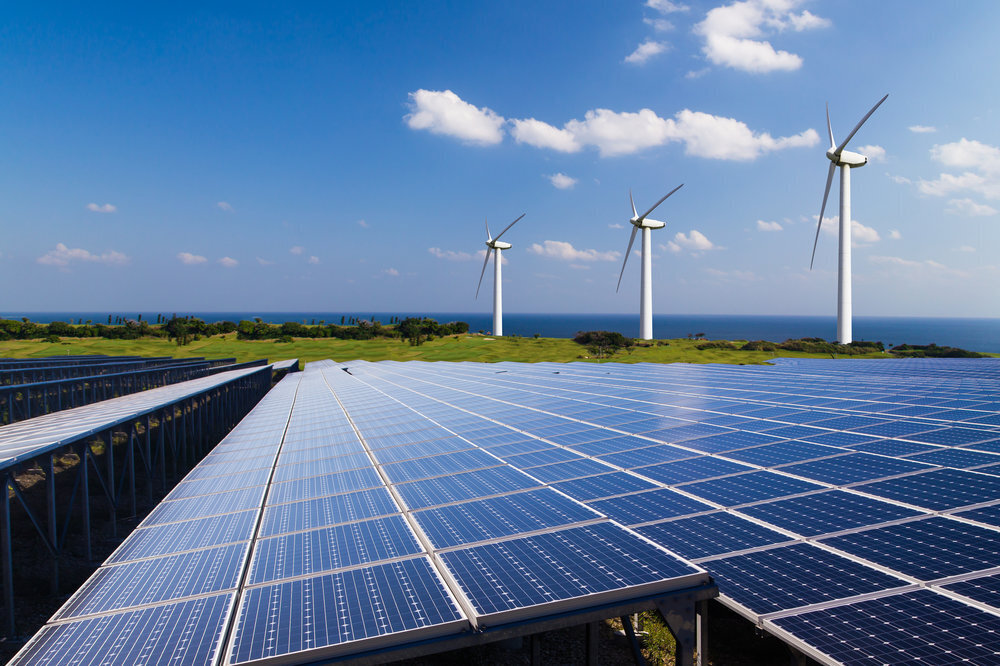Africa has one of the most significant untapped solar energy resources in the world. With the frequent availability of sunlight on this continent, the cost of solar energy generation could be amongst the lowest in the world.
The journey to reach the point where Africa will enjoy a stable power supply could be a long one. If not all, most African countries suffer from blackouts, chronic power shortages, and weak electrical grids.
There is a need to migrate from the traditional approach to power generation in Africa. Only then can Africa’s clean energy potential be unleashed, and the continent will be free from power shortages and blackouts.
Focusing on efficient means of storing energy and maintaining flexible power systems will be answering to the power problems faced by Africa.
As the economy and the population of Africa increases, so does the demand for adequate and reliable electricity. There is a need to erect new power plants and improve the reliability of the electrical systems to make available a reliable power source.
How can African countries build electrical systems that can generate a large amount of inexpensive renewable energy? That’s the big question. Well, this is where flexible power plants and energy storage is required. The integration of renewable energy on a large scale is made possible through energy storage.
Renewable energy is a very affordable source of power; however, one should consider its variability. The sun will not always shine neither will the wind blow at all times; clearly, we need not overemphasize the need for energy storage in Africa.
Energy storage will play a prominent role in the provision of reliable electricity across Africa. Adopting this initiative will benefit Africa in several ways and also bring an end to the century-long age of blackouts.



